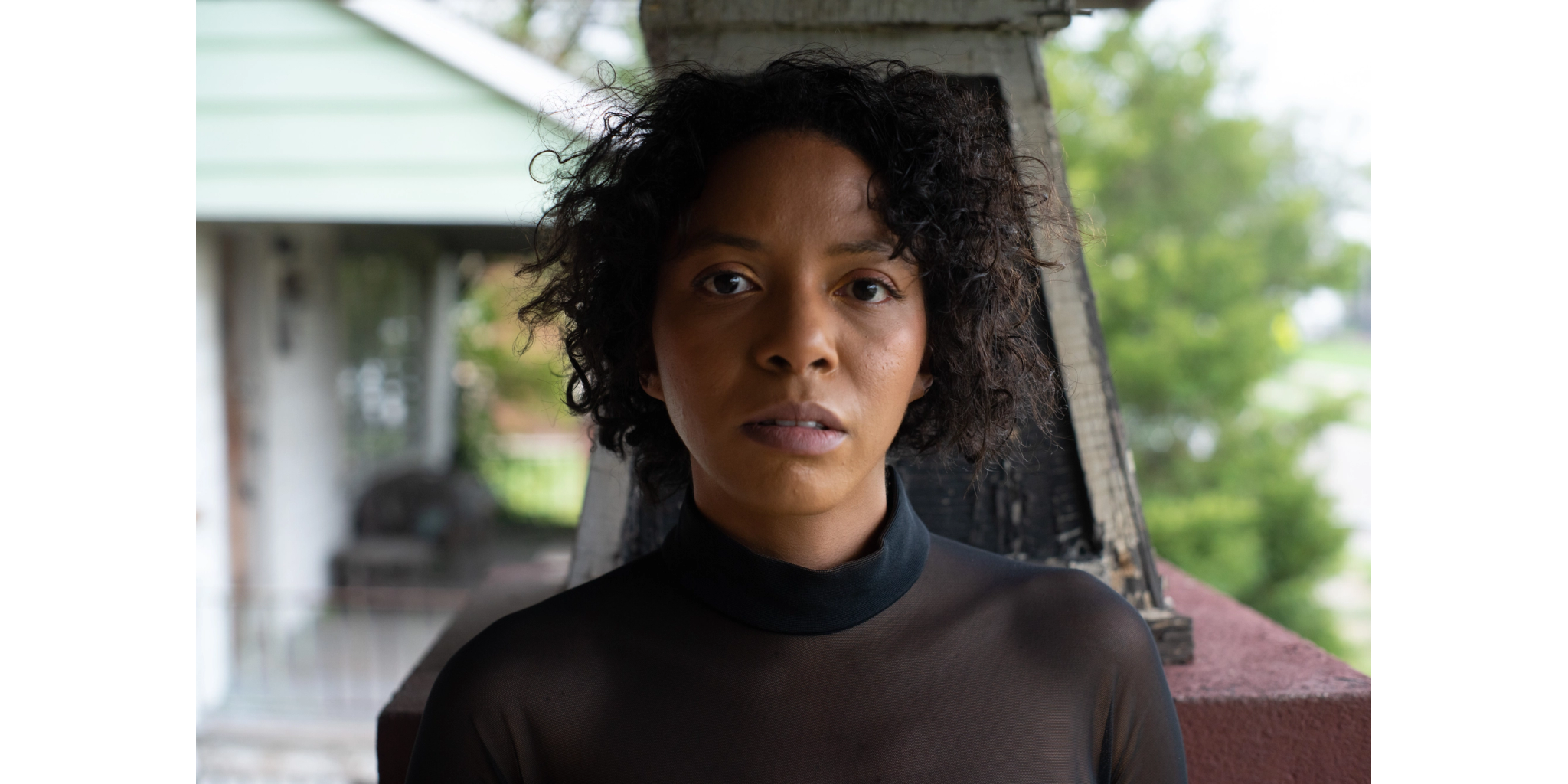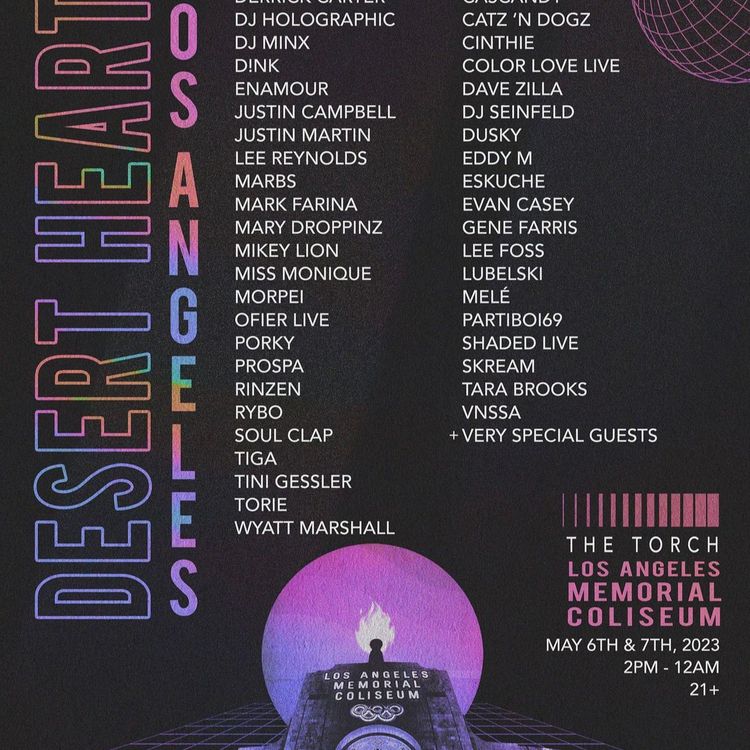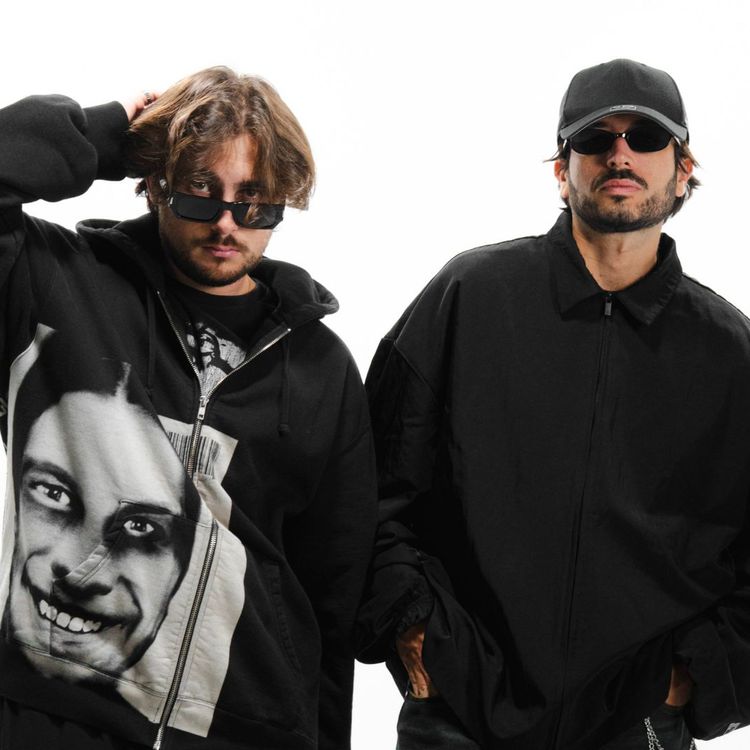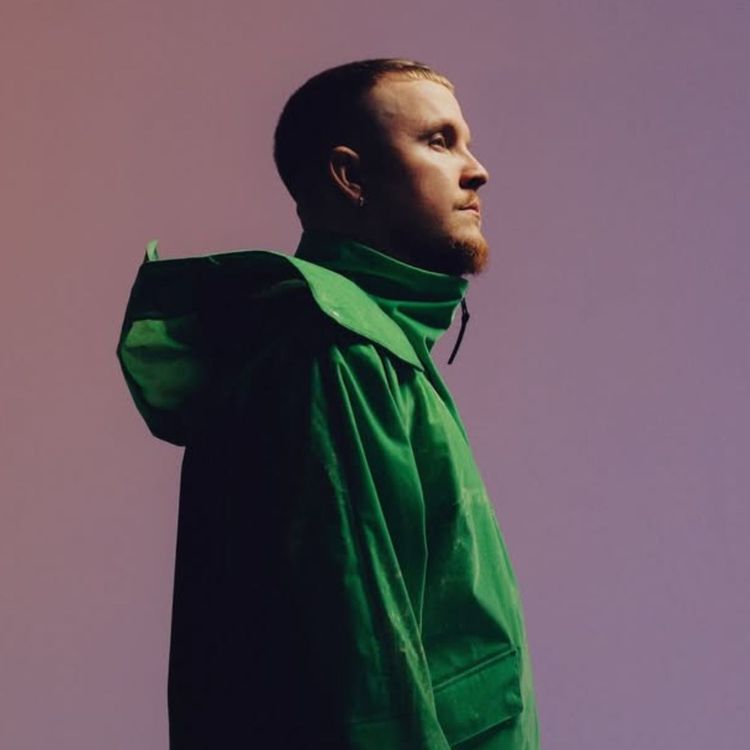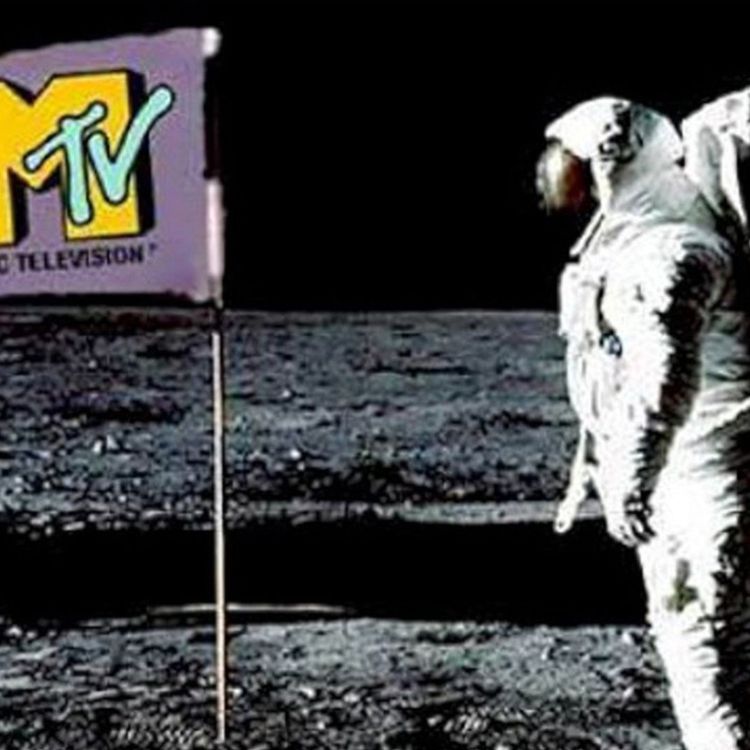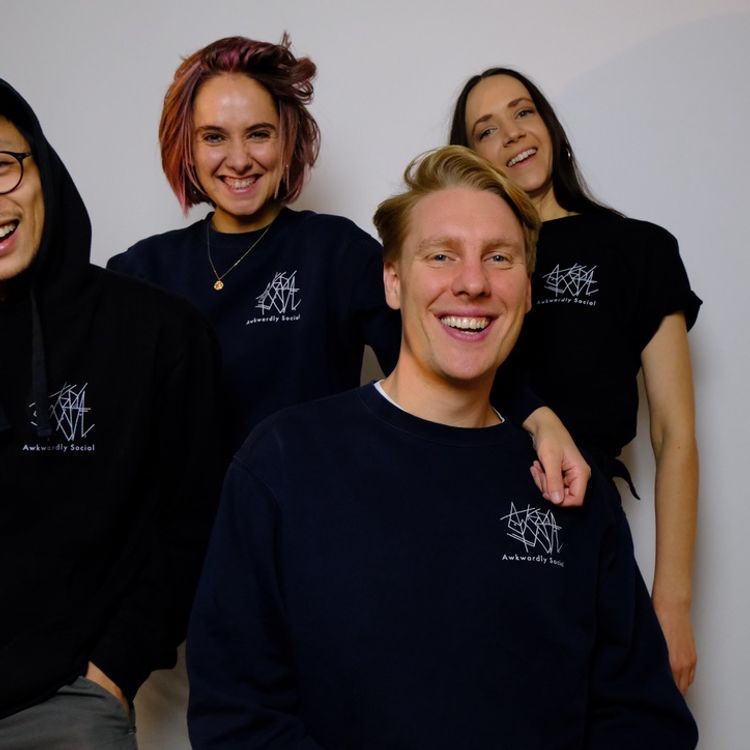DJ Holographic: "There’s Living but There's Actually Lifting Yourself Up"
On a hot summer day this past Labor Day Weekend in New York, DJ Holographic sets Electric Zoo’s “The Landing” stage ablaze with hard-hitting house and techno tracks straight out of Detroit. The DJ-producer—née Ariel Corley— is no stranger to major festival lineups. Just this year, she’s brought the heat to Coachella, ARC Music Festival, and her hometown festival Movement, plus she’s made stops at Berghain and Amnesia, Ibiza along the way.
Known as a mentee of pioneer Carl Craig, DJ Holographic has undoubtedly become one of the leading names in this generation of Detroit techno, bringing her sultry sound from the Motor City to techno fans worldwide.
At the close of her Electric Zoo set on Sunday, she took Gray Area from the stage to her trailer to talk hip-hop, generational musicality, and what it’s like to do music full-time after the pandemic.
Your Electric Zoo set was amazing. I see you on every festival lineup - even Portola, which I’ll also be at later this month. Is music your full-time job?
Yeah, I’ve been doing music full-time. It’s been one of my favorite things to do. But because of COVID, it was definitely a little hard for most of us. But I was able to hit the ground running and really blast with that. I think also with the government helping entrepreneurs a little bit, that helped. I was definitely on the low-income stream of survival of artists. Don’t get me wrong, the money wasn’t a lot, but it was enough for me to survive because I lowered my expenses. It is hard to make music or any kind of art full-time to an adult wage.
That makes sense. I’d imagine it’s hard to make a living wage off music sometimes.
There’s living, but there’s actually lifting yourself up and actually being able to go to festivals, take care of your house, school debt, and anything extra. I’m getting to that point of taking care of those adult things like getting my teeth fixed and making sure to have good health and go to a doctor regularly. The important stuff that you don’t do when you’re an artist, and you’re broke.
Like therapy.
Yup, I make sure I do that once a week!
So expensive.
Exactly, but it’s worth it when you’re able to have that blessing.
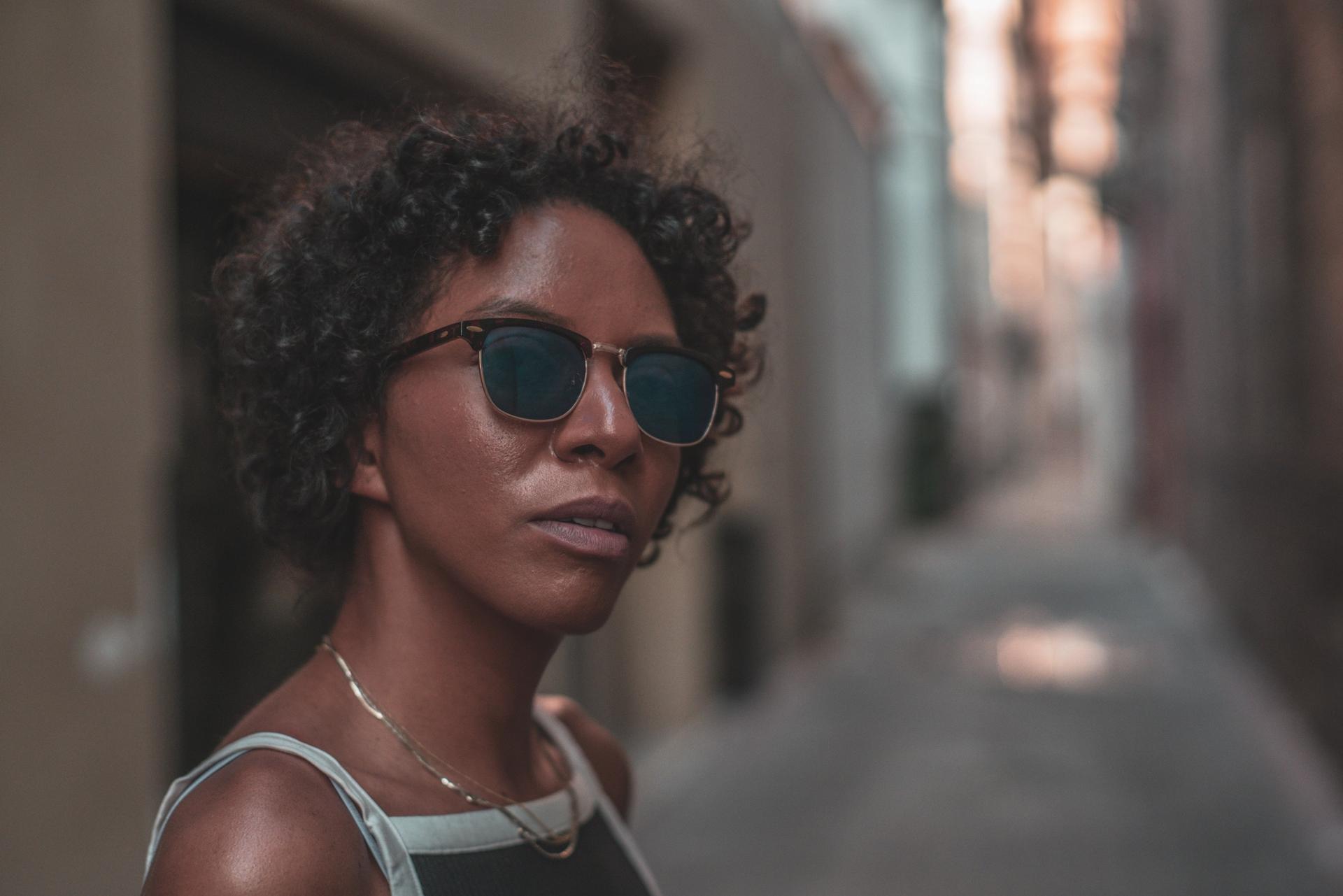
Definitely. I interview a lot of artists, and they always say their earliest childhood memory is listening to music with their parents in the car. I know you and your parents have a long history of sharing music and generally being very musical. Do you have a specific moment where you knew that this was wanted to do for the rest of your life?
It was definitely more after high school during college. I love music. Music was always my life - between sharing music with my parents in the car to listening to it with my cousins in our living room. But actually wanting to do it for a living, I want to say I was 22. I decided to like really go full-time, mainly because my mom passed away, and I didn’t know really what to do. I was pretty depressed. I ended up playing a record every day just to kind of get myself up. It helped me build my confidence and my morale back up.
When you lose somebody that close to you, you don’t know what to do. Mentally, when she passed away, I was like, “Okay, God. Universe. You fucking owe me for making me lose my best friend.” And then after that, I just kind of trickled down to playing records at my job at Necto to having more friends [in music]. It was a different kind of route than I think most people do, but it helped my mental state. And that’s why I decided I’m gonna do it full-time.
During that time, were there any records you would play on repeat that helped you get through tough times or that reminded you of your mom?
I was playing a lot of J Dilla and D’Angelo. Because I was going from Detroit and living in Ann Arbor at the time, there was actually one song that helped me through. Shigeto’s “Huron River Drive.” I was practically living on Huron River Drive, so I thought it was a golden sign. And it’s a good song.
That’s beautiful. You mentioned [Detroit night club] Necto earlier. I know you worked coat check for two years before spinning there, and your parents used to party there as well.
Yeah, my dad used to go there. My mom might have snuck some moments in, but my dad definitely and my stepmom as well, before they met each other. At the time, it was called Nectarine Ballroom, and Jeff Mills— or “The Wizard,” technically—was playing, so he used to go there all the time. My first week or two, my dad was like, “Is The Wizard still there?” and I was like, “No, we have other people now. He’s moved on.”
That’s so funny. I feel like either you connect with your parents and follow in their footsteps, or you want to stay as far as possible away from what they’ve done. I read that your dad was a DJ in the collective Direct Drive, so did you ever feel like because he DJed, you didn’t want to do it?
I gotta be honest. He said he was a DJ—and he did DJ—but I think he moreso helped move records at the time. The funny thing is my dad knew I was DJing, and he was totally down for that, but it took two years for my aunt to tell me that he used to DJ, and I got mad at him.
I was like, “Why didn’t you tell me you used to do this?” And he said, “If I told you, would you do it?” and I was like, “I don’t know.” So I get it. My dad used to say the same thing. I think… I don’t know. Maybe not. I don’t know about “what ifs” sometimes.
You’ve said music runs through your veins, so maybe it all happened serendipitously.
Mhm. And it made perfect sense. I love it. It’s my favorite thing in the world.
It shows. And when you’re not spinning, I heard you listen to Kendrick.
Yeah, I love Kendrick.
What did you think of his last album?
I was listening to it today. I can tell you all I want. It’s one of my favorite albums. It’s really up there. It’s very healing. It’s very spiritual. It definitely made me cry because there are a lot of experiences [that you can relate to] if you’ve ever been in an inner-city. A lot of the things he was saying related a lot to Detroit. He’s also, in his songs, having you go through a healing process, so you know you’re not alone, and this is how you heal.
